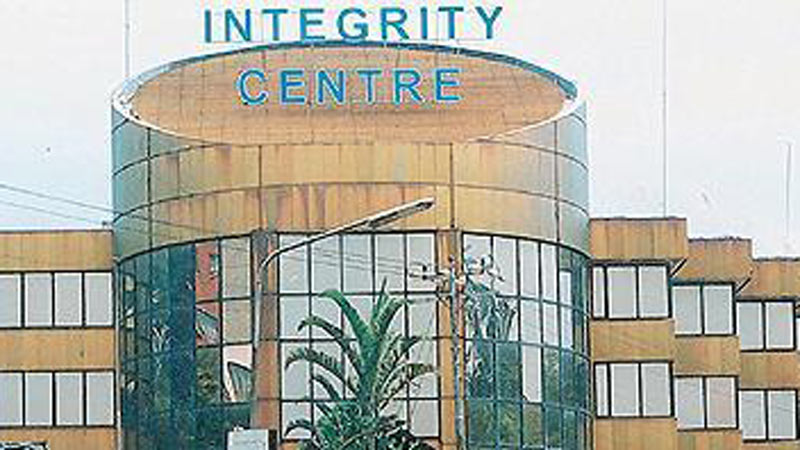×
The Standard e-Paper
Join Thousands Daily

Lifestyle audits and integrity testing are all the rage again.
Politicians are discussing it, Kenyans on twitter are discussing it and I hope our law enforcement agencies are acting on it. The debates reveal the very best and worst of our moral economy.